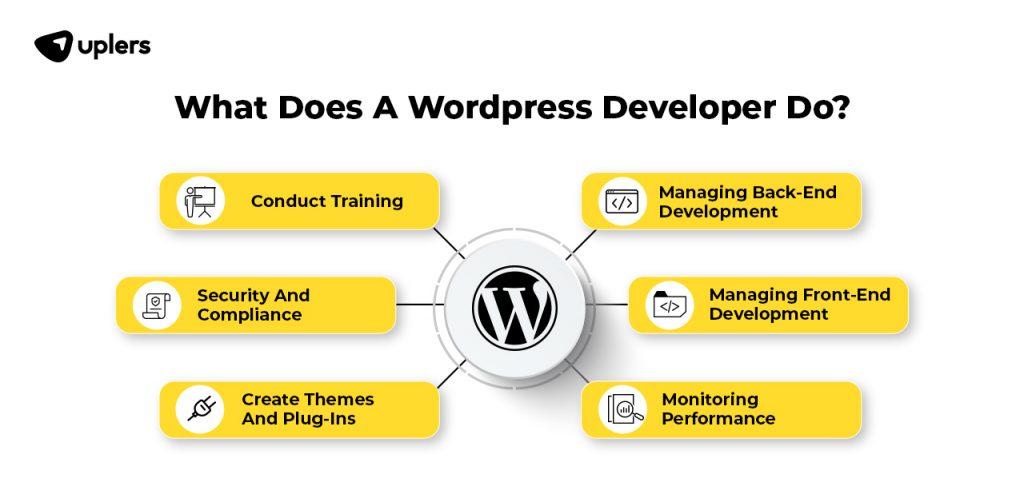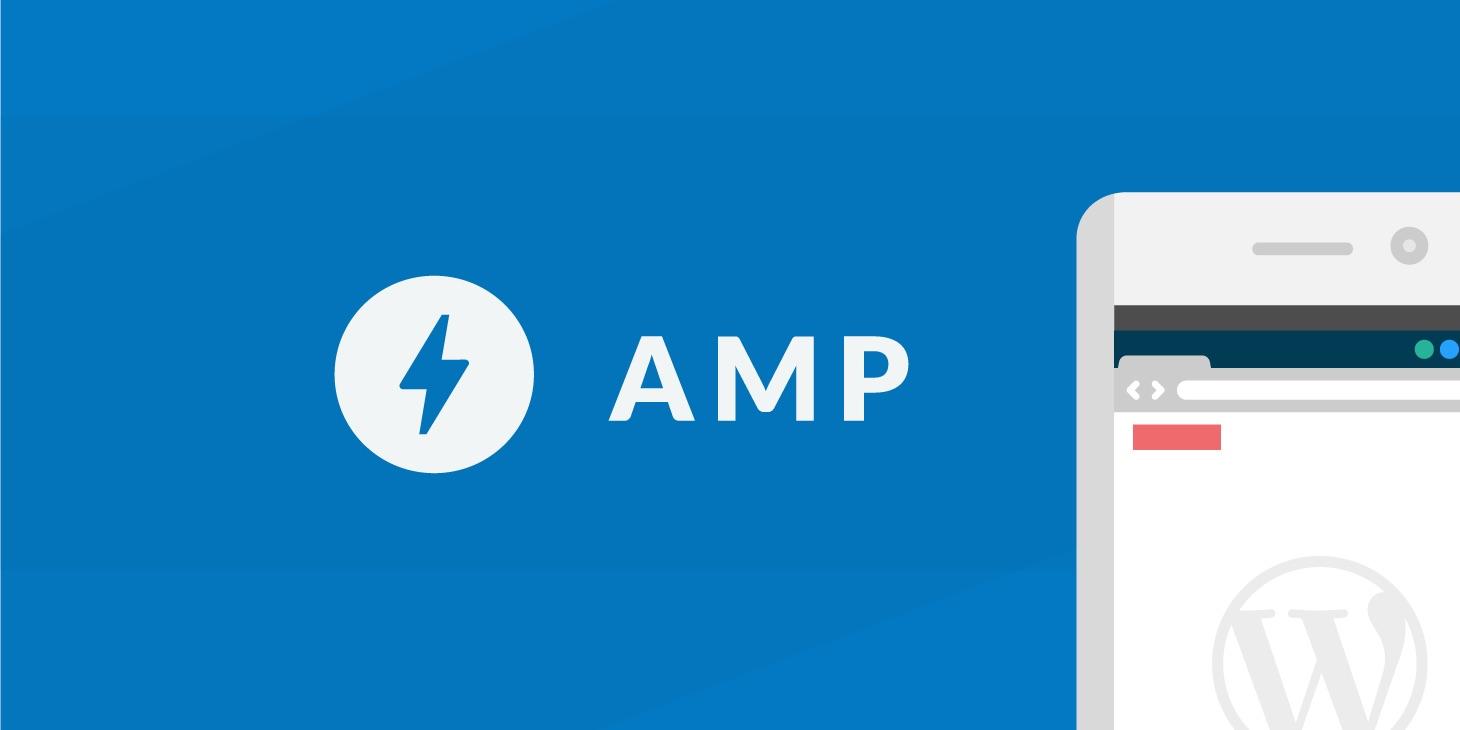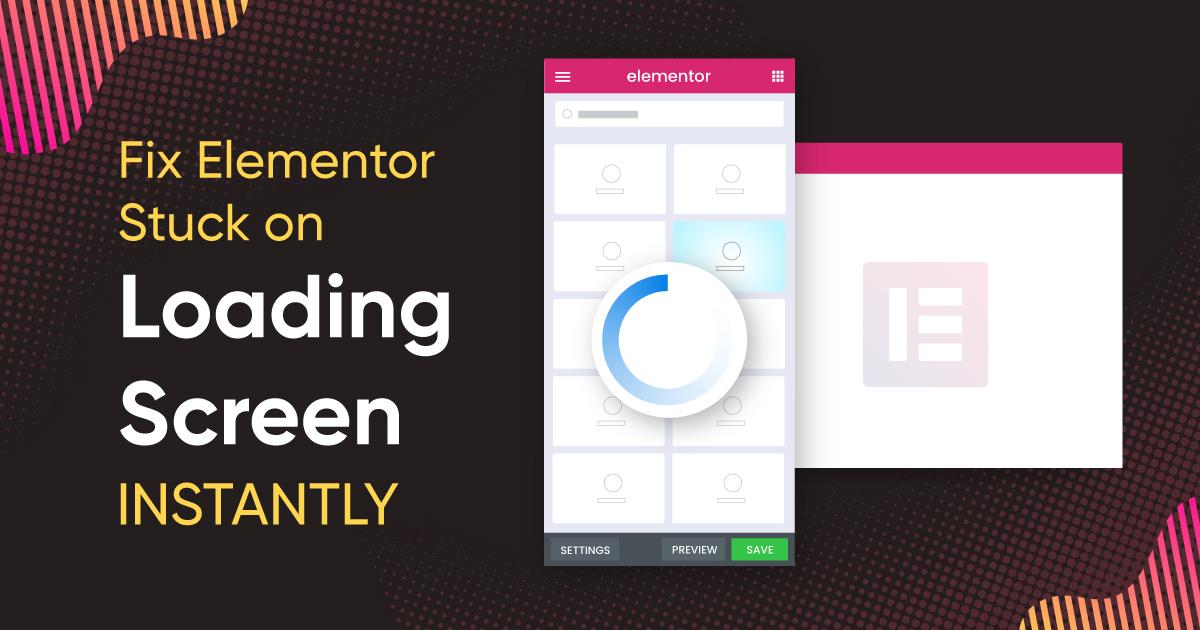Are you ready to take your website to the next level but feeling a little overwhelmed at the thought of hiring a WordPress developer? Don’t worry; you’re not alone! With the vast sea of options out there, finding the right person can feel like searching for a needle in a haystack. But fear not! In this article, we’re going to break it down into four simple steps that will demystify the hiring process and empower you to make the right choice. Whether you’re a small business owner or an entrepreneur with a big vision, having the right developer on your team can turn your ideas into a stunning reality. So, grab a cup of coffee, settle in, and let’s make sure you get it right!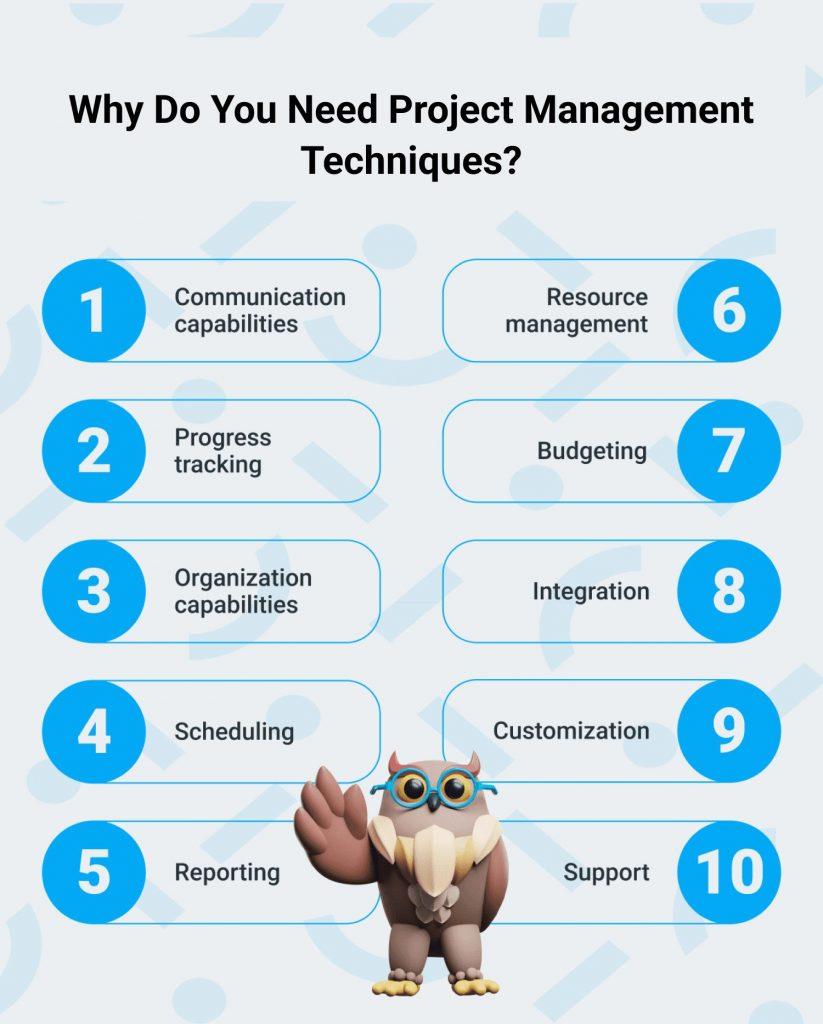
Understanding Your Project Needs for a Successful Hire
Before embarking on the journey to hire a wordpress developer, it’s crucial to have a thorough understanding of your project requirements. This clarity will not only streamline the hiring process but also ensure you find a developer who aligns perfectly with your goals. Start by detailing the scope of your project, including the essential features and functionalities you envision for your website.
Consider the following aspects when defining your project needs:
- Project Type: Are you looking for a simple blog, an eCommerce site, or a complex membership platform?
- Design Aesthetics: What kind of look and feel are you aiming for? Do you have specific design inspirations?
- Functionality Requirements: Will your site require custom plugins, third-party integrations, or unique features?
- Budget Constraints: What is your budget for the project? This will influence the type and level of expertise you can afford.
- Timeline: What’s your deadline for project completion? Understanding your timeline helps in evaluating a developer’s availability.
Creating a detailed project brief can be immensely helpful. This document should outline your objectives, target audience, and desired user experience.Providing potential candidates with this facts will allow them to present more tailored solutions and estimates. A well-defined project brief serves as a roadmap,guiding both you and the developer throughout the advancement process.
| Key Considerations | Description |
|---|---|
| target audience | Who are your users? Understanding this can guide design and functionality choices. |
| Content Strategy | What type of content will be featured? Will it require special formatting or management? |
| SEO Goals | Are there specific keywords or strategies you want to incorporate into the development process? |
don’t underestimate the importance of communication. Find a developer who is not just technically proficient but also willing to engage in meaningful discussions about your vision. A good developer will ask questions, offer suggestions, and be proactive in addressing potential challenges. By ensuring open lines of communication from the start, you increase your chances of a successful outcome that meets your expectations.
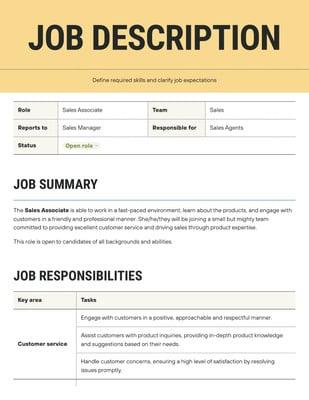
Crafting an Effective Job Description to Attract the Right Talent
When looking to hire a WordPress developer, the foundation of a successful recruitment strategy lies in the job description. This is your prospect to not only outline the necessary skills and responsibilities but also to create an engaging narrative that resonates with potential candidates. Here are some key elements to include:
- Role Overview: Start with a brief introduction that captures the essence of what the WordPress developer will do. Highlight the importance of their role in the larger context of your project or company.
- Key Responsibilities: Clearly define the day-to-day tasks. This gives candidates a tangible sense of what they will be working on. Such as:
| Obligation | Description |
|---|---|
| Theme Development | Create and customize WordPress themes tailored to client needs. |
| Plugin Integration | Integrate and troubleshoot plugins for enhanced functionality. |
| Site Maintenance | Perform regular updates and backups to ensure optimal performance. |
Next,don’t forget to highlight the essential skills you’re looking for. Candidates should know what technical proficiencies are required, such as:
- PHP and MySQL: Foundation for WordPress development.
- JavaScript and jQuery: Essential for interactive elements.
- HTML/CSS: For effective frontend development.
Lastly, emphasize company culture and benefits. Talented developers frequently enough seek environments that foster creativity and collaboration. Include elements like flexible working hours, remote work options, team-building activities, or opportunities for professional growth. This not only attracts candidates but also helps them envision themselves as part of your team.
Where to Find Skilled WordPress Developers That Fit Your Budget
Finding skilled WordPress developers who can work within your budget doesn’t have to be a daunting task. With the right approach and resources, you can discover talented individuals or agencies that align with your financial parameters. Here are some effective avenues to explore:
- Freelance Platforms: Websites like Upwork, Freelancer, and Fiverr are treasure troves for finding WordPress developers. You can filter candidates by budget, experience, and reviews. Make sure to check their portfolios to gauge their style and capabilities.
- Job Boards: Look for niche job boards such as WordPress Jobs or Remote.co. These platforms specialize in tech talent and often feature developers specifically experienced with WordPress.
- Social Media Groups: Join Facebook groups or LinkedIn communities dedicated to WordPress development. Networking in these spaces can lead to personal recommendations or direct offers from freelancers seeking work.
When evaluating potential candidates, consider creating a rating table to compare their skills, experience, and pricing. Here’s a simple structure you can use:
| developer | Experience (Years) | Hourly Rate | Rating (Out of 5) |
|---|---|---|---|
| John Doe | 5 | $30 | 4.5 |
| Jane Smith | 3 | $25 | 4.0 |
| Mike Johnson | 7 | $50 | 4.8 |
Another great way to find budget-friendly talent is to tap into local universities or coding boot camps. Many students or recent graduates are eager to gain real-world experience and may offer their services at a lower cost. You can also advertise internships, which might lead to long-term collaborations.
Lastly, don’t underestimate the importance of referrals. Ask within your network if anyone can recommend a reliable WordPress developer. Personal recommendations often lead to great matches, as you can trust the experiences of those who have hired them in the past.
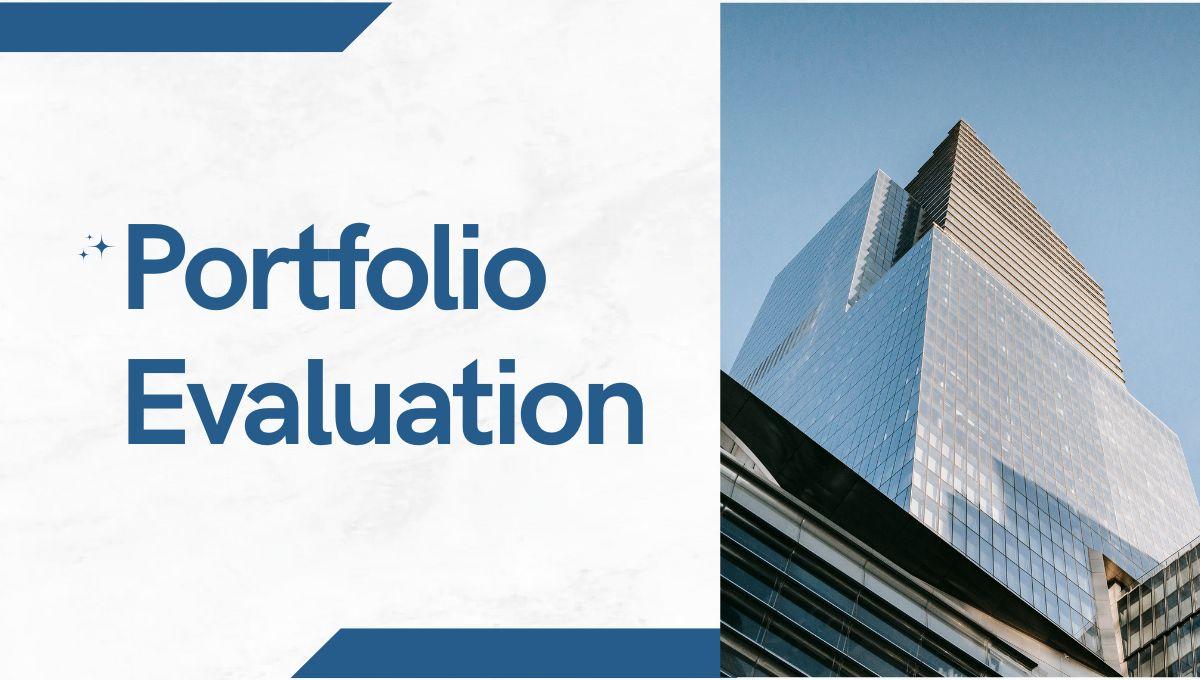
Evaluating Portfolios: What to Look for in a Developers Work
When it comes to evaluating portfolios,a developer’s work can reveal a lot about their skills and suitability for your project. Start by assessing the variety of projects they’ve completed.A diverse portfolio indicates adaptability and the ability to handle different challenges. Look for examples that showcase:
- Custom Themes: Check if they have created unique themes tailored to client needs.
- Plugins: Look for any custom or popular plugins they’ve developed.
- Responsive Design: Ensure their projects are mobile-friendly and visually appealing on all devices.
- Performance Optimization: Evidence of sites that load quickly and efficiently is a plus.
Next, consider the user experience (UX) in their showcased work. A well-designed website should be intuitive and engaging.Pay attention to:
- Navigation: Is it easy to find information?
- Visual Hierarchy: Are significant elements highlighted effectively?
- Accessibility: Are there features that cater to users with disabilities?
another key aspect to evaluate is code quality. While you might not be a developer yourself, you can still look for signs of clean and efficient coding practices. If possible, ask for access to their code repositories, or use the following table as a guideline for quality indicators:
| Indicator | Explanation |
|---|---|
| Documentation | Well-documented code is easier to maintain and understand. |
| Modularity | Reusable code modules indicate good programming practices. |
| Version Control | Use of git or similar tools shows professionalism and collaboration skills. |
Lastly, analyze the feedback and testimonials from previous clients.A portfolio is not just about the work displayed; it also reflects the developer’s ability to meet client expectations. Look for insights such as:
- Communication: Was the developer easy to reach and responsive?
- timeliness: did they deliver projects on time?
- problem-Solving: How did they handle challenges during the project?
By focusing on these critical aspects, you can make a more informed decision when hiring a WordPress developer. A thorough evaluation of their portfolio will ensure you find someone who not only has the technical skills but also the creativity and reliability to bring your vision to life.
The Importance of Conducting Thorough Interviews
Conducting thorough interviews is a crucial step in the hiring process, especially when it comes to finding the right WordPress developer. A well-structured interview not only helps you gauge the technical skills of candidates but also unveils their problem-solving abilities, creativity, and cultural fit within your team. By investing time in this stage, you substantially increase your chances of making a successful hire.
During the interview, consider focusing on both technical and soft skills. Here are some key areas to explore:
- Technical Proficiency: ask candidates to demonstrate their knowledge of PHP,HTML,CSS,JavaScript,and other relevant technologies.
- Portfolio Review: Evaluate their previous work. Look for diversity in projects and their ability to solve complex problems.
- Problem-Solving Skills: Present real-world scenarios or coding challenges to see how they approach problems.
- Communication Skills: Assess how clearly they articulate their thoughts and how well they can explain technical concepts to non-tech team members.
Additionally, it’s important to delve into the candidate’s experience with WordPress-specific tools and practices. You might want to include questions like:
| Question | Purpose |
|---|---|
| What plugins have you developed or customized? | To gauge familiarity with WordPress ecosystem |
| How do you ensure website security? | to assess awareness of security best practices |
| Can you explain your process for optimizing site speed? | To evaluate their performance optimization skills |
Remember, the interview process is a two-way street. While you are evaluating the candidates, they are also assessing your company. Be clear about your expectations and the work habitat. This openness can attract top talent who are not only technically capable but also excited about contributing to your team.
Ultimately, a thorough interview process will lead to better hiring decisions. By asking the right questions and being open to discussions, you will gain insights that a mere resume cannot provide. This diligence can save you from costly hiring mistakes and ensure that you bring on board a developer who aligns perfectly with your project needs.
Assessing Technical Skills and Problem-Solving Abilities
When it comes to hiring a WordPress developer, assessing their technical skills and problem-solving abilities is crucial. You want someone who not only knows how to code but can also troubleshoot and find innovative solutions to the challenges that may arise during development. To properly evaluate these capabilities, consider incorporating a few key strategies into your hiring process.
Technical Assessments: One effective way to gauge a developer’s skills is to conduct technical assessments. these can take various forms:
- Live Coding Tests: Provide a real-time environment where candidates can demonstrate their coding abilities.
- Take-Home Assignments: Assign a project that mimics the kind of work they would actually do in your company.
- Code Review Exercises: Ask candidates to review a piece of code, identifying issues and suggesting improvements.
Portfolio Review: A well-curated portfolio is often the best reflection of a developer’s skills. Look for:
- Variety of Projects: Ensure the portfolio showcases a range of projects, from simple blogs to complex e-commerce sites.
- Quality of Work: Pay attention to design aesthetics, usability, and the overall functionality of the sites.
- Technologies Used: Check for familiarity with key technologies and plugins relevant to wordpress development, such as PHP, JavaScript, and popular themes or plugins.
Problem-Solving scenarios: During the interview process, it’s essential to present candidates with hypothetical scenarios that they might encounter during their work. Pose questions like:
- “How would you handle a plugin compatibility issue?”
- “What steps would you take if a site experiences a sudden drop in performance?”
- “Can you describe how you would approach optimizing a site for SEO?”
By observing their thought processes and responses, you can get a sense of their problem-solving skills and their approach to tackling issues that arise. Furthermore, ask them to explain their previous solutions to real-world problems they’ve encountered. this not only tests their technical skills but also gives you insight into their experience and adaptability.
consider conducting a peer interview or involving other team members in the evaluation process.This helps ensure that the candidate is a cultural fit and possesses the collaborative qualities necessary for successful teamwork. A well-rounded assessment will ultimately lead you to a WordPress developer who can not only code but also think critically and creatively in every aspect of their work.
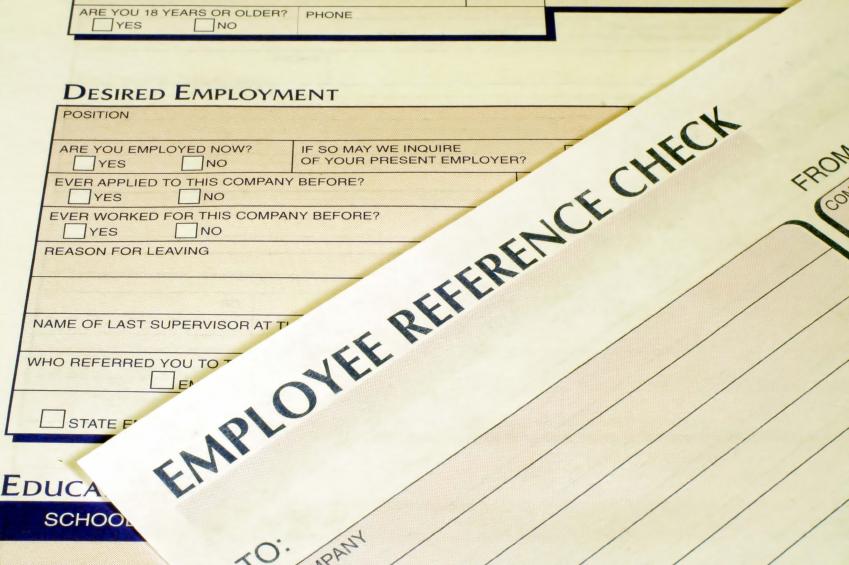
Checking References and Reviews to Ensure Reliability
When it comes to hiring a WordPress developer, verifying their credibility is crucial.After all, you want to invest your time and money into someone who can deliver quality work. Begin by checking their references.Ask the developer for a list of previous clients and follow up with them. A reliable developer should have no issue providing contacts who can speak to their experience and skills.
While speaking to references,consider asking questions such as:
- How well did the developer communicate throughout the project?
- Did they meet deadlines and stay within budget?
- Were you satisfied with the final outcome of the project?
- Would you hire them again?
In addition to references,online reviews can be an invaluable resource. Browse platforms like TrustPilot or Clutch.co to gauge the developer’s reputation. look for consistent themes in reviews—both positive and negative. This will give you a clearer picture of the developer’s strengths and weaknesses. Keep an eye out for:
- Overall rating scores
- Frequency of reviews
- Specific feedback regarding technical expertise
- Client support and communication practices
Creating a simple comparison table can help you visualize the information you gather:
| Developer | Rating | Notable Feedback |
|---|---|---|
| Dev A | 4.8 | Excellent communication and timely delivery |
| Dev B | 4.5 | Great technical skills but slow response time |
| Dev C | 4.2 | good but project took longer than expected |
Lastly, don’t underestimate the power of social proof. Look for case studies or portfolios that showcase the developer’s previous work. A strong portfolio not only highlights their skills but also reflects their ability to solve problems and meet specific client needs.Ensure that their style aligns with your vision, as this can be a great indicator of how successful your collaboration will be.

Establishing Clear Communication and Expectations from Day one
from the onset of your collaboration with a WordPress developer, setting the stage for success hinges on clear communication and defined expectations. It’s essential to create an open line of dialog that fosters an environment where both parties feel agreeable discussing ideas, challenges, and feedback. This ensures that everyone is on the same page and that the project aligns with your vision.
Start by outlining the project scope in detail. Include essential elements such as:
- Goals: What do you aim to achieve with your website?
- Deadlines: What are the critical milestones and final delivery dates?
- budget: What is your financial limit for the project?
- Design Preferences: Are there specific styles or functionalities you envision?
A well-structured project brief not only guides the developer but also acts as a reference point throughout the process. Consider using a collaborative tool like Trello or Asana to keep track of tasks and communicate progress effectively.This approach helps in avoiding misunderstandings and keeps the workflow transparent.
Another critical aspect is to set regular check-in meetings. These can be brief but should be consistent—perhaps weekly or bi-weekly depending on the project timeline. Use these meetings to:
- Review completed work against the project timeline.
- Address any roadblocks or challenges faced.
- Provide constructive feedback and acknowledge good work.
Lastly, do not underestimate the importance of documenting everything. Keep records of all communications, decisions made, and changes to the original plan. this practice not only helps in maintaining clarity but also serves as a reference in case any disputes arise during the project. A well-documented process is a hallmark of successful collaborations.

Building a Long-Term Relationship with Your Developer for Future Success
Building a long-term relationship with your developer is not just about the immediate project at hand; it’s about fostering a partnership that can evolve and grow over time. When you hire a WordPress developer, consider the potential for future collaboration and the benefits that come with it.
To cultivate this relationship, start by establishing clear communication channels. Regular check-ins, whether through video calls or project management tools, can help keep everyone aligned. Consider implementing:
- Weekly updates: Share progress reports and discuss any challenges.
- Feedback loops: Encourage open dialogue about what’s working and what isn’t.
- Goal setting: Define short and long-term objectives together.
Moreover, investing time in understanding your developer’s strengths and interests can lead to a more productive partnership. Is your developer particularly skilled in custom themes or plugins? Tailor your projects to leverage their expertise and keep them engaged.
It’s also beneficial to create a supportive environment. Recognize their achievements, no matter how small, and celebrate milestones together. This not only boosts morale but also fosters loyalty. You might want to consider:
- Incentives: Offer bonuses for extraordinary work or meeting deadlines.
- Professional development: Support their learning opportunities in new tools or technologies.
- Collaborative brainstorming sessions: Involve them in the strategic planning of future projects.
document your processes and shared knowledge. Creating a repository of resources, guidelines, and completed project templates can streamline future collaborations and ensure continuity. This investment in documentation not only benefits the current project but also sets up a solid foundation for future endeavors.
| Action | Benefit |
|---|---|
| Regular Communication | Builds trust and transparency |
| Leverage Strengths | Maximizes project effectiveness |
| Supportive Environment | Enhances developer satisfaction |
| Document Processes | Ensures consistency and efficiency |
With these strategies in place, you’ll not only enhance your current project’s success but also lay the groundwork for a fruitful, long-term relationship with your WordPress developer.
Frequently Asked Questions (FAQ)
Q: Why is it important to hire the right WordPress developer?
A: Hiring the right WordPress developer is crucial because they significantly impact your site’s functionality,design,and overall user experience. A skilled developer can bring your vision to life,while a poor choice can lead to costly mistakes,delays,and frustration.
Q: what’s the first step I should take when hiring a WordPress developer?
A: the first step is to clearly define your project needs. Are you looking for someone to create a new site from scratch, revamp an existing one, or add specific features? The more precise you are about what you need, the easier it will be to find the right developer for the job.
Q: How do I find potential WordPress developers?
A: You can find potential developers through various channels. Consider asking for recommendations from friends or colleagues, searching freelance platforms, browsing WordPress-specific job boards, or checking out portfolios on GitHub or personal websites. Don’t forget to explore social media platforms and professional networks like LinkedIn.
Q: What should I look for in a developer’s portfolio?
A: When reviewing portfolios, look for variety and quality in their previous projects. Assess whether their design style aligns with your vision and check for functionality, responsiveness, and user experience. It’s also helpful to see if they have experience with projects similar to yours.
Q: How do I evaluate a developer’s expertise and skills?
A: You can evaluate a developer’s expertise through interviews and skill assessments.Ask about their experience with WordPress plugins, themes, and custom coding. Request examples of past work, and don’t hesitate to ask for references.A great developer will be eager to share their successes and how they can help you achieve yours.
Q: Should I discuss the budget upfront?
A: Absolutely! Discussing budget considerations upfront helps set clear expectations for both parties. Be transparent about your budget range, and don’t be afraid to ask for a breakdown of costs. This ensures everyone is on the same page and can definitely help avoid misunderstandings later on.
Q: What about ongoing support and maintenance?
A: It’s essential to discuss ongoing support and maintenance before finalizing your hire.Ask potential developers if they offer post-launch support, how they handle updates, and what their approach is for troubleshooting issues. A good developer will provide you with peace of mind long after the site goes live.
Q: Any final tips for hiring a WordPress developer?
A: Yes! Trust your instincts. A strong working relationship is key, so choose someone you feel comfortable communicating with. Always prioritize quality over cost—skimping on a developer can lead to bigger expenses down the road. And don’t forget to check reviews and testimonials to ensure you’re making a well-informed decision!
Insights and Conclusions
And there you have it! With these four simple steps, you’re well on your way to hiring the perfect WordPress developer for your project. Remember, taking the time to define your needs, research potential candidates, and communicate your vision clearly will pay off in the long run. Investing in the right developer not only enhances your website but also brings your ideas to life in ways you might not have imagined.
So, don’t rush the process. It’s all about finding that perfect match who understands your goals and can turn your dreams into reality. If you keep these tips in mind, you’ll confidently navigate the hiring process and end up with a developer who not only meets your needs but exceeds them.
If you found this guide helpful, why not share it with others who might be on the same journey? And feel free to drop any questions or experiences in the comments below—let’s keep the conversation going! Happy hiring! 🌟

